As extreme weather becomes more frequent and severe, the Landscape Resilience Fund is partnering with Long Miles Coffee to support African coffee farmers to become more climate resilient.
The world is currently experiencing unprecedented warmth, with 2023 being confirmed as the warmest year on record. Climate change is a major contributor to these extreme weather events, disrupting agriculture globally and significantly impacting vulnerable farming communities.
In regions like Western Kenya, droughts, forest fires and landslides have become commonplace. Pests and diseases further challenge agricultural practices, while storms, floods, and high temperatures now occur yearly. These hazards have led to widespread hunger, with 90% of the community struggling to access sufficient food and the death of animals due to a lack of healthy pastures.
“Unfortunately, many communities often feel powerless to respond because they lack awareness of the causes and appropriate training for effective responses. What we urgently need is support to raise awareness and provide training on sustainable agricultural practices. Support in these areas would give farmers the tools to build community resilience against climate change.”
Ben Carlson, CEO of Long Miles Coffee
In response to these challenges, the Landscape Resilience Fund (LRF) is actively supporting scalable, sustainable solutions for climate resilience in rural farming communities. By mobilising blended finance from philanthropic, public and private sources, the LRF empowers climate-smart small and medium enterprises (SMEs) that lack affordable finance to scale their impactful climate adaptation solutions.
Catalytic support from the Global Environment Facility (GEF)
The pre-investment support from the LRF is made possible by the GEF, through its two climate adaptation funds, the Least Developed Countries Fund (LDCF) and the Special Climate Change Fund (SCCF). The LDCF and SCCF support innovative climate resilience solutions by encouraging private sector engagement in the sector, and by investing in local enterprises and technology with potential for large-scale replication and impact.
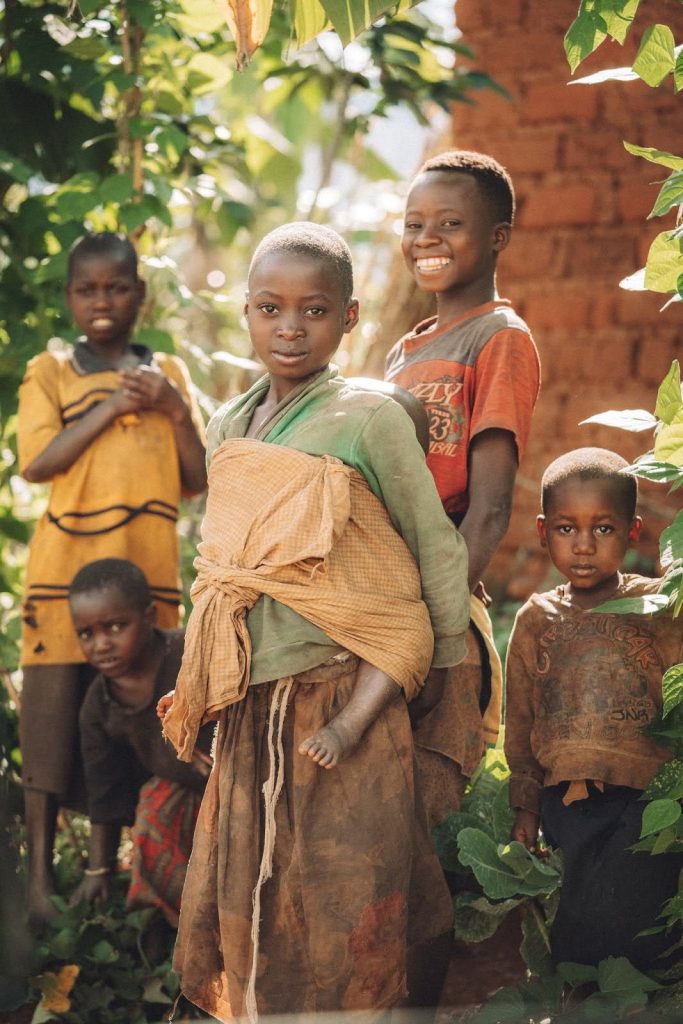
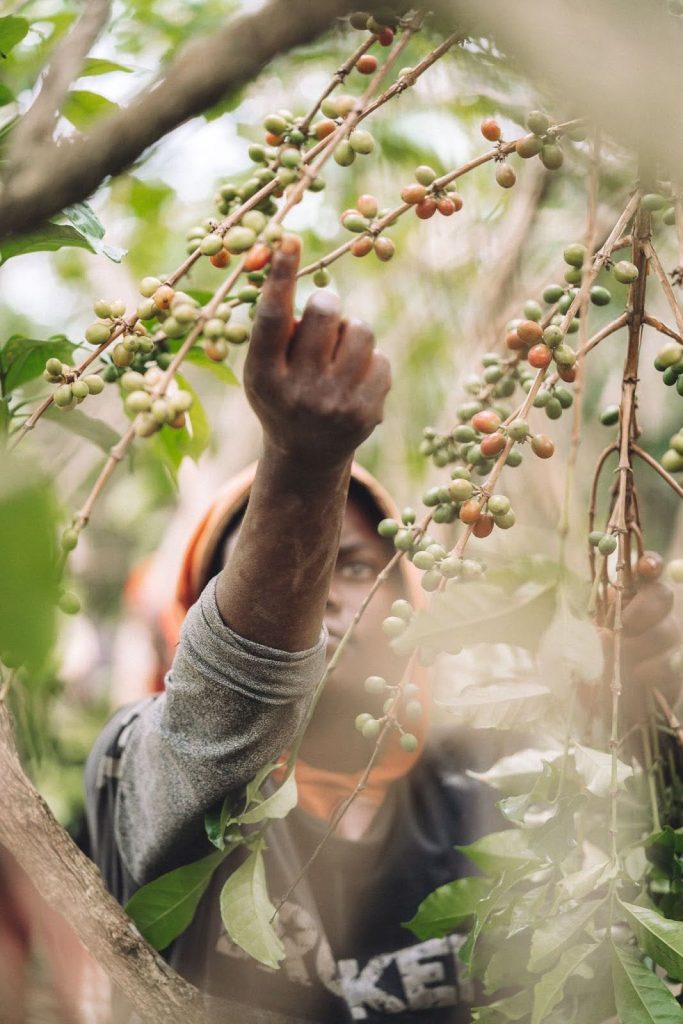
In 2019, the LRF was among the inaugural winners of GEF’s Challenge Program for Adaptation Innovation, which identifies and provides seed funding for scalable, bankable solutions for climate change adaptation. The 20 projects supported by the Challenge Program to date have been successful in creating new partnerships and financing models for localized impact at a large scale.
“Building resilience amid increasingly devastating climate change impacts requires new financing models and partnerships – particularly in light of the significant needs of both communities and supply chains in developing countries,” said Carlos Manuel Rodríguez, CEO and Chairperson of the GEF. “Our support for the Landscape Resilience Fund reflects this commitment to finding adaptation solutions that are locally effective as well as scalable. I look forward to the positive results of the Landscape Resilience Fund investment in Long Miles Coffee as well as other local enterprises that can catalyze and spread climate adaptation solutions.”
Brewing Positive Transformation
Recently, the LRF committed to pre-investment support for Long Miles Coffee (LMC). Operating in Burundi and Uganda, with plans to expand to Kenya, LMC is a coffee producer founded with the vision of creating meaningful and lasting change in the lives of coffee farmers and the coffee they produce.
LMC closely aligns with the LRF’s mission to catalyse positive transformations in vulnerable communities as they continue to replicate their model across East Africa. While coffee farms can pose risks during landslides and heavy rains, LMC’s activities aim to enhance resilience by providing training on regenerative coffee practices and fostering community cohesion and knowledge sharing. Proposed initiatives include encouraging organic fertilizer use, promoting shade tree planting on coffee farm plots and reforesting buffer zones.
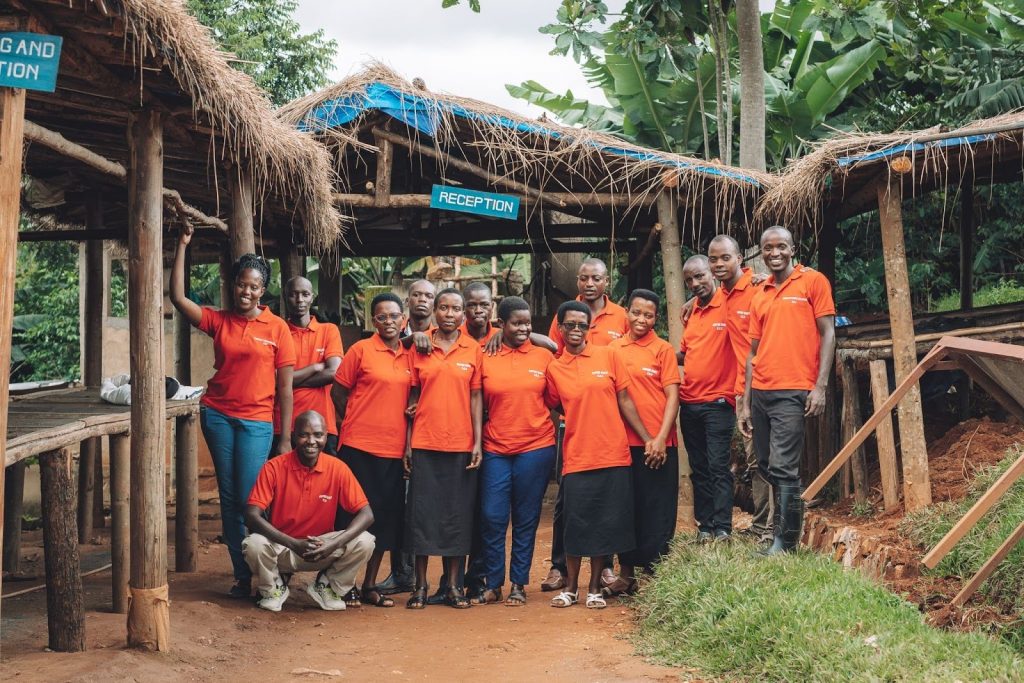
Alongside this, the company deploys a network of “Coffee Scouts” who are responsible for expanding farmer supply, farmer training and impact data collection within their local community. This approach not only helps farmers work together to reshape coffee farming landscapes but also promotes biodiversity and climate mitigation, illustrating the effectiveness of a community-focused strategy.
The Coffee Scouts Program also plays a crucial role in addressing local unemployment by offering farmer training in coffee cultivation, processing and quality enhancement. This initiative helps raise overall coffee production standards as well as leads to the cultivation of higher-quality coffee beans. As a direct result, coffee farmers involved in the program can earn premium prices for their high-quality produce, benefiting both individual farmers and the surrounding community.
Collective Action for a Sustainable Future
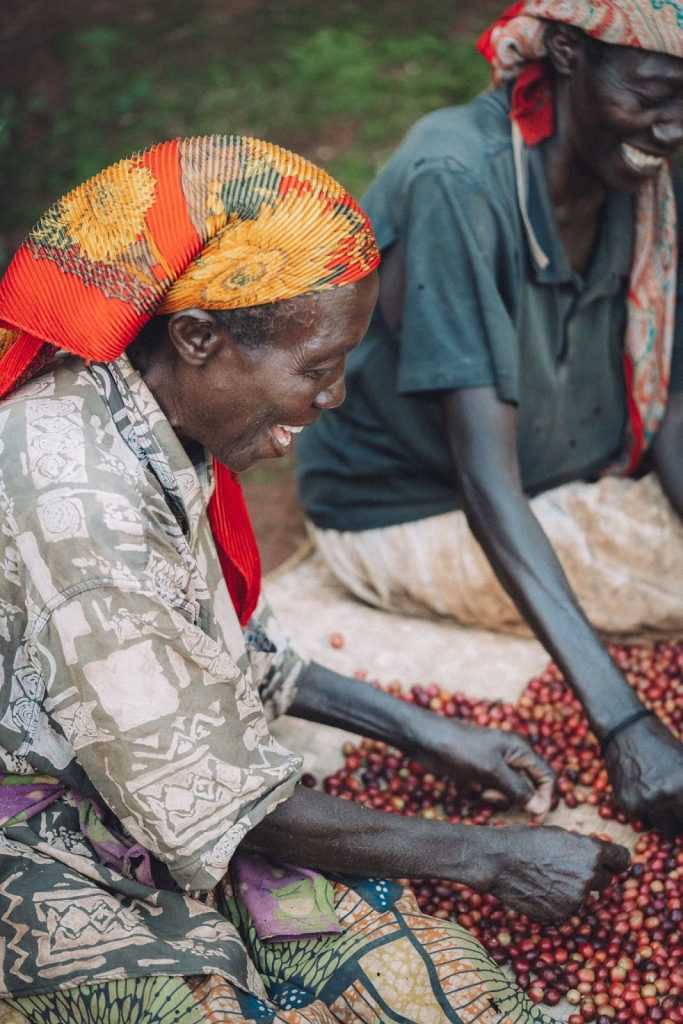
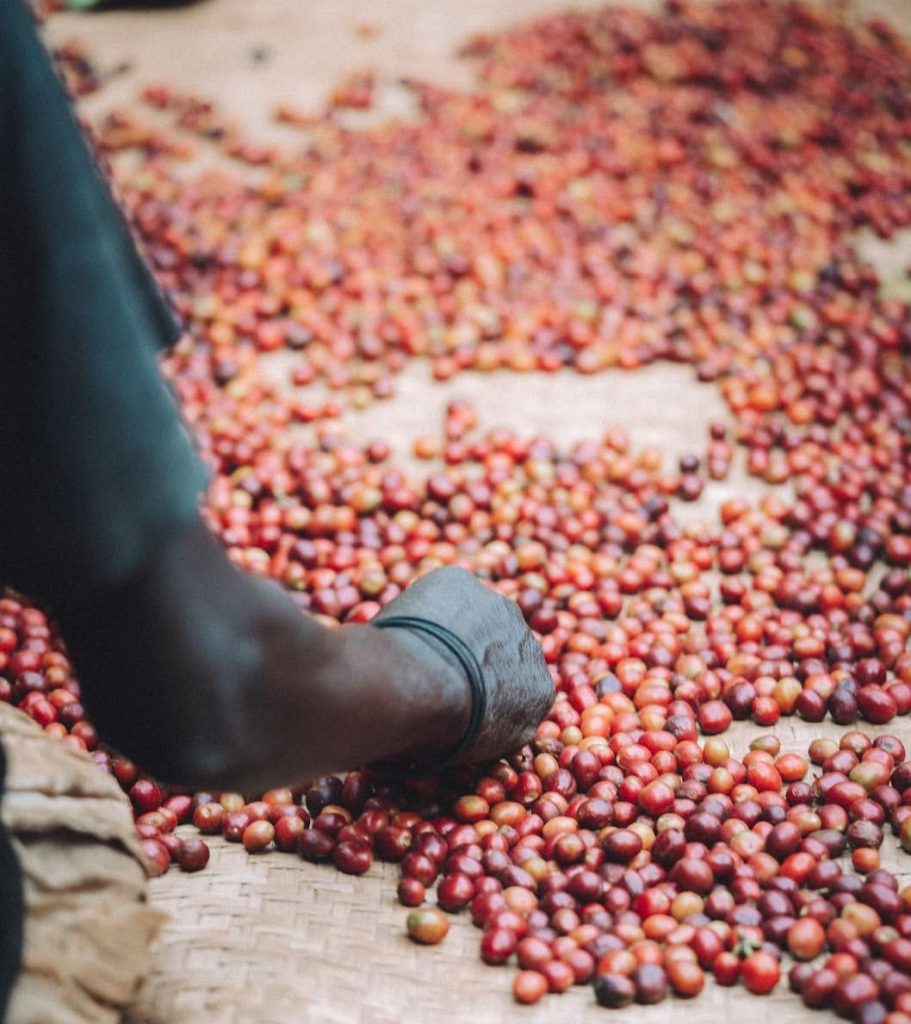
LMC has initiated successful partnerships with local stakeholders in the region of Western Kenya ahead of launching coffee activities in 2024. Recognising the need for pre-investment support to attract investors for these activities, LMC has partnered with the LRF to improve ESG risk management and financial planning, codify operational processes and design a regenerative model farm for Kenya. This collective effort ensures long-term resilience for coffee smallholders both on the climate and economic front.
“Agribusinesses explicitly pursuing sustainable practices make rural supply chains and rural livelihoods more resilient long term. The LRF is delighted to support LMC as they expand their business across East Africa.”
James Medcalf, Investment Manager and LMC deal lead, Landscape Resilience Fund
Interested in being a part of the action? The LRF is actively recruiting consultants to support their activities with LMC. Learn more here.
